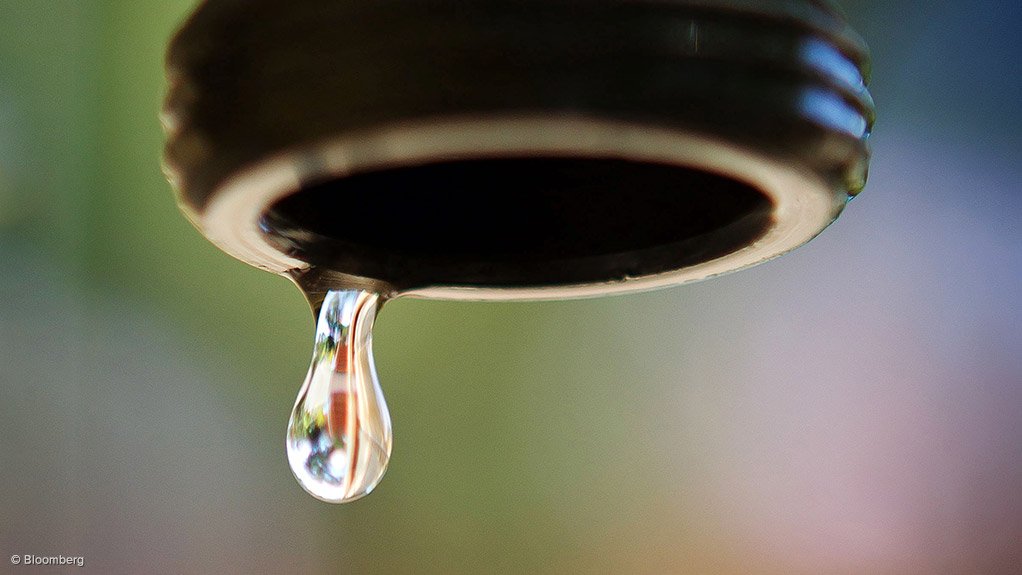The Makana Local Municipality in the Eastern Cape says there has been a significant decrease in the levels of E.coli bacteria in its water systems.
Municipal spokesperson Anele Mjekula said the municipality collaborated with the Rhodes University Biotechnology Innovation Centre's water-testing laboratory to test the quality of drinking water quality at several sites after E.coli bacteria was found in tests from March, April and May.
He said the municipality had increased its chlorine dosing at the bulk water supplier Amatola Water as well as at the district water treatment plants and reservoirs.
Mjekula said: "It is believed that the current hotspots where E.coli is still present may be associated with contamination from groundwater as the water moves from the reservoirs to the water usage points.
"Last week's water quality results indicate that there has been an improvement, with almost all samples taken reflecting no presence of E.coli, except for one sample of Raglan Road Clinic [in Makhanda]."
E.coli can cause extreme vomiting and diarrhoea.
Children younger than 5, elderly people and those with compromised immune systems are at increased risk if they drink water infected with E.coli.
News24 previously reported that the municipality was investigating how the bacteria entered its water systems.
It urged residents to boil water before drinking it.
At the time, Mjekula said, "Makana Local Municipality has old and dilapidated water and sanitation infrastructure. This leads to a high number of leakages and spillages. Low revenue collection is also affecting the municipality as far as availing enough budget for operational use."
The Department of Water and Sanitation stepped in to help the municipality raise awareness about the impact of water pollution and waterborne diseases.
The department said it had requested Amatola Water to undertake further water test samples to ensure the safety of drinking water.
Mjekula has urged residents to continue adhering to the safety precautions issued by the municipality.
"Due to the microbial failure that was found, residents are urged to continue taking precautions as indicated in the [notice to boil water before drinking it]...," he said.
EMAIL THIS ARTICLE SAVE THIS ARTICLE
To subscribe email subscriptions@creamermedia.co.za or click here
To advertise email advertising@creamermedia.co.za or click here











